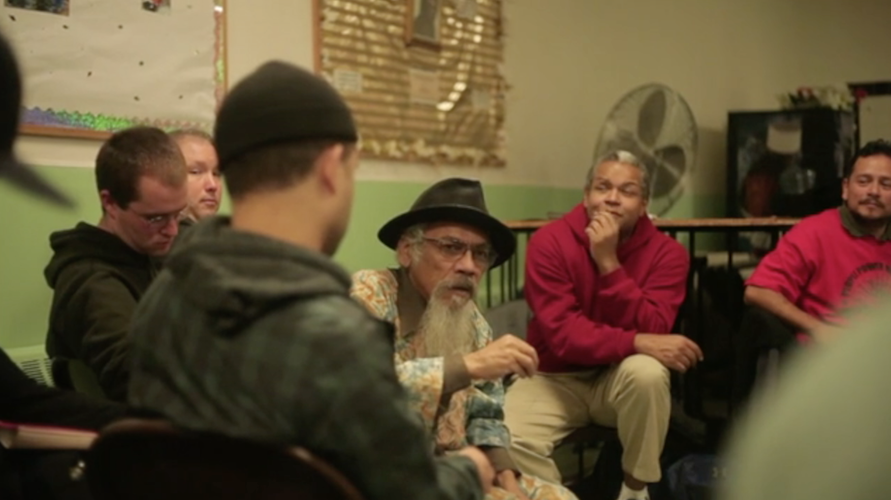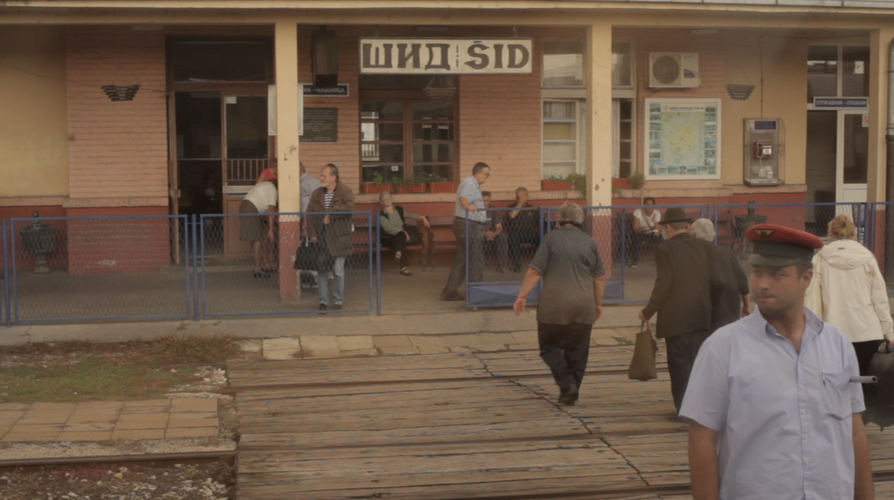

Aleph is a magical cinematic journey through a labyrinth of ten countries and ten different characters. The collected stories serve as pieces of a philosophical puzzle that lead us to Aleph, the center of life.
Aleph is a magical cinematic journey through a labyrinth of ten countries and ten different characters. The collected stories serve as pieces of a philosophical puzzle that lead us to Aleph, the center of life. The film is inspired by Borges’ short story by the same name in which Carlos, the protagonist, finds a specific point in space and time containing the entire universe.
When he gazes through it he sees the past, the present, the future. This center point, that Borges calls Aleph, can be interpreted as a center point, a place where everything makes sense, a place of peace or contentment. This film is a search, a journey, to find it.
We will meet ten people from ten different countries who give us their interpretation of what Aleph is and give us a clue as to where we can find it. The journey is serendipitous, magical and uncertain, therefore the search includes certain rules that have to be followed. One rule is that the search starts in Argentina, in the universe of Borges, where we will find our first character who may even look like the protagonist in Borges’ story.
We will spend time with him, poke him with questions, entering his personal cosmos to find his Aleph. This process will repeat for all ten characters. The director will document and record their conversations, working together with the character to construct a scene that reflects their story. Highly stylized and filmed in a fiction-like way, the film is a stylistic cinematic experience, using the documented source material for the basis of its story. The narrative will flow as a stream of consciousness, told through voiceover that blends one story to the next, linking one character to another.
In this way, like the universe, the characters are interlinked and interdependent, writing and designing the destiny of the film.



